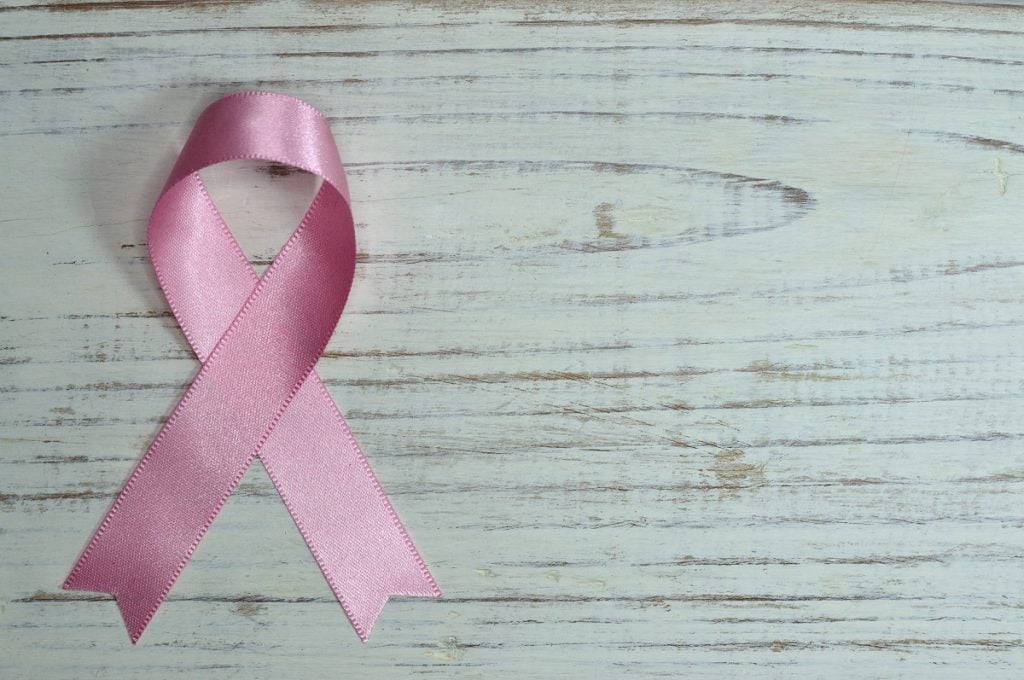Mindfulness techniques can help reduce stress and improve the emotional state and decision-making of women with a high risk of breast and ovarian cancer.
A study of 100 young women at the Meirav Breast Center at the Sheba Medical Center, Israel, found that the use of Inquiry-Based Stress Reduction (ISBR) techniques, a method of identifying and questioning stressful thoughts, led to very impressive results.
The women, who all carried the BRCA1/BRCA2 genes that increase breast/ovarian cancer risk, showed great improvement in all aspects of personal growth, positive relations with others, life goals, and self acceptance. A clear improvement was also seen in quality of sleep, which returned to normal.
Some women also became more open to undergoing surgical procedures such as mastectomy and oophorectomy, (breast and ovary removal) the only operations that can reduce the risk of cancer. They went from a position of ruling out any procedure, to making an appointment.
ISBR involves asking four questions about a stressful thought: Is the thought true? Can I be absolutely sure my thought is true? How do I react when I believe my thoughts are true? Who would I be without the thought?
Participants are able to gain more insight into their problems, and come out of unhelpful and repetitive mental patterns.
“To the best of our knowledge, this is the largest ever study in the world, in the framework of such an experiment, as far as the number of participants is concerned,” said Dr. Shahar Lev-Ari of Tel Aviv University’s Sackler Faculty of Medicine, who led the study.
“We think that healthcare services, in Israel and worldwide, should evaluate the impact of coping with the genetic information and surgical procedures offered to asymptomatic women carriers on their emotional well-being and quality of life, and offer them interventions to promote their health on the individual level, such that have been scientifically proven in improving the quality of life and emotional well-being of these women.”
The study was published in the prestigious JAMA Network Open medical journal.
Related posts

Israeli AI Safety Tool Among TIME’S Best Inventions For 2024

TAU Team Discovers Mechanism To Eliminate Cancerous Tumors

Ashdod Port Investing In Startups As Part Of Innovation Strategy




Facebook comments